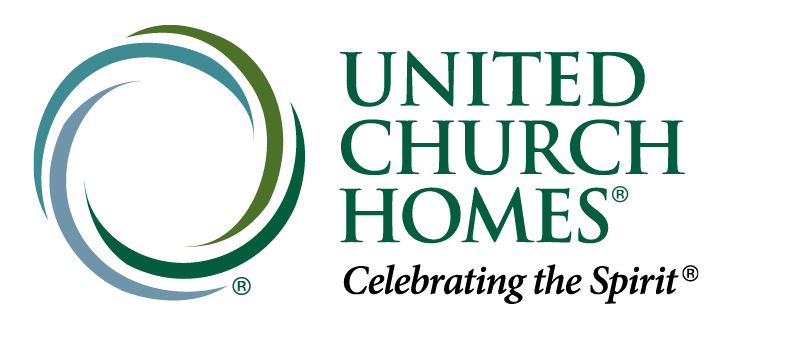Highlights from this week’s conversation include:
- What is the Purpose Equation? (1:32)
- Purpose at Every Age (3:05)
- Reconnecting with Innate Purpose (6:22)
- Transitioning into Purposeful Retirement (14:21)
- The Power of Purpose in Older Adults (16:26)
- Joy Fuel and Purpose Equation (26:37)
- Using Purpose Equation with Teams (27:59)
- The Ultimate Answer to Why Am I Here? (30:48)
- Abundant Aging Questions with Anna to Conclude (34:31)
Abundant Aging is a podcast series presented by United Church Homes. These shows offer ideas, information, and inspiration on how to improve our lives as we grow older. To learn more and to subscribe to the show, visit abundantagingpodcast.com.

